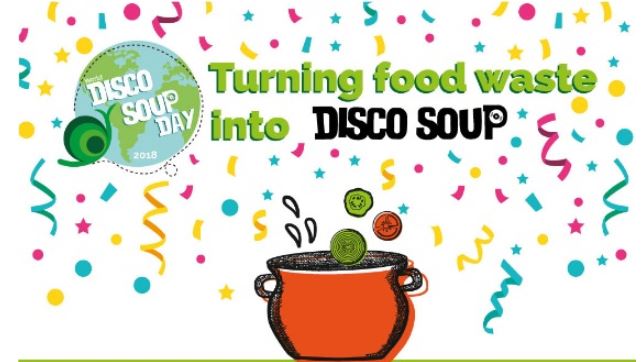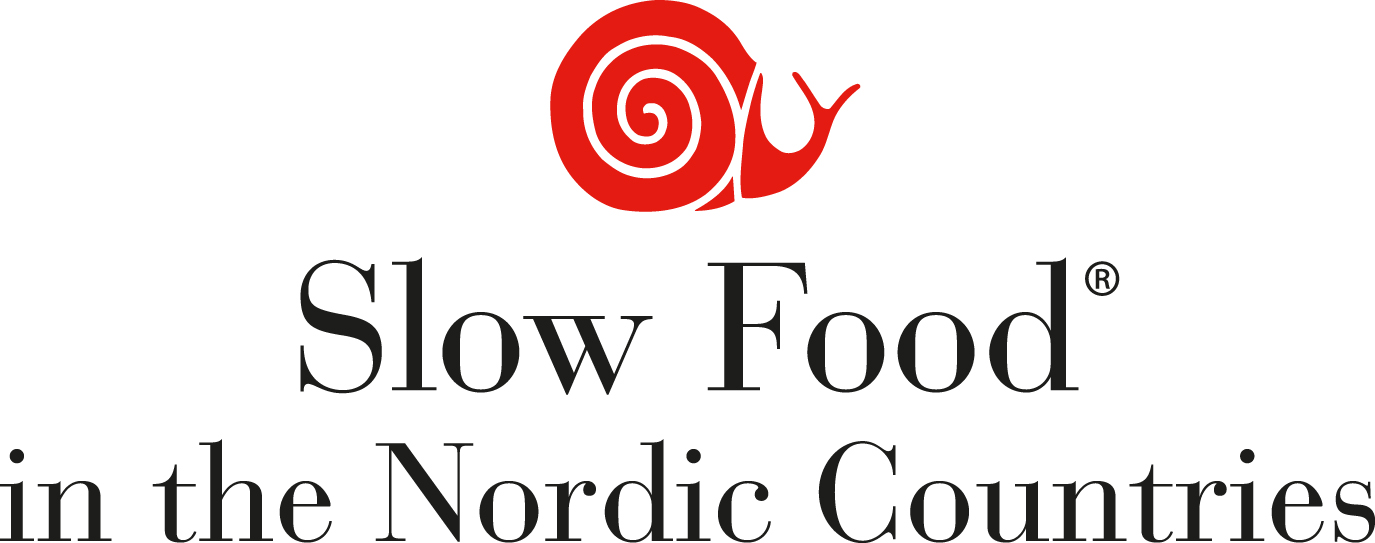
Slow Food believes that in a world where millions are undernourished and resources are limited, reducing food waste is an essential step in achieving a sustainable food system.
What can we do?
Disco Soup has been a very effective instrument to raise awareness among your people and during events organised or not by Slow Food convivia around the world.
The idea is simple: People come together in a public space to communally prepare a soup from vegetables that would otherwise have gone to waste (simply because of their appearance) to the backdrop of live music and a festive atmosphere. In 2013, the concept went global with events in New York, São Paolo and Seoul, raising awareness of food waste around the world.
Partnership with other organizations: Slow Food works closely with a number of key organizations working on the issue of food waste.
Political consultations: Slow Food actively engages with political consultations on this issue..
Slow Food and action to stop Food waste
The present system in which we find ourselves as consumers and producers is founded on a mechanism of overproduction and waste, on the rapid selling-off of stock to put new products on the market, and the provision of food that is aesthetically perfect.
According to the FAO, roughly one third of the food produced in the world for human consumption every year — approximately 1.3 billion tons — gets lost or wasted. Meanwhile over 840 million people worldwide (12% of the world population) are undernourished.
In developing countries food waste and losses occur mainly at early stages of the food value chain and can often be traced back to financial or technical constraints in harvesting and storage. In medium- and high-income countries food is wasted and lost mainly at later stages in the supply chain, in supermarkets, restaurants and households. Along with it we waste the soil, water, and all the resources used to produce, package, store and transport it.
At the center of our work is the strong belief that the key to fighting food waste is to give food back the value that it deserves.


